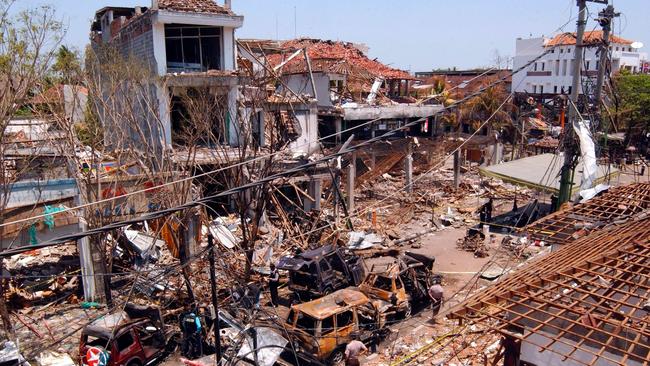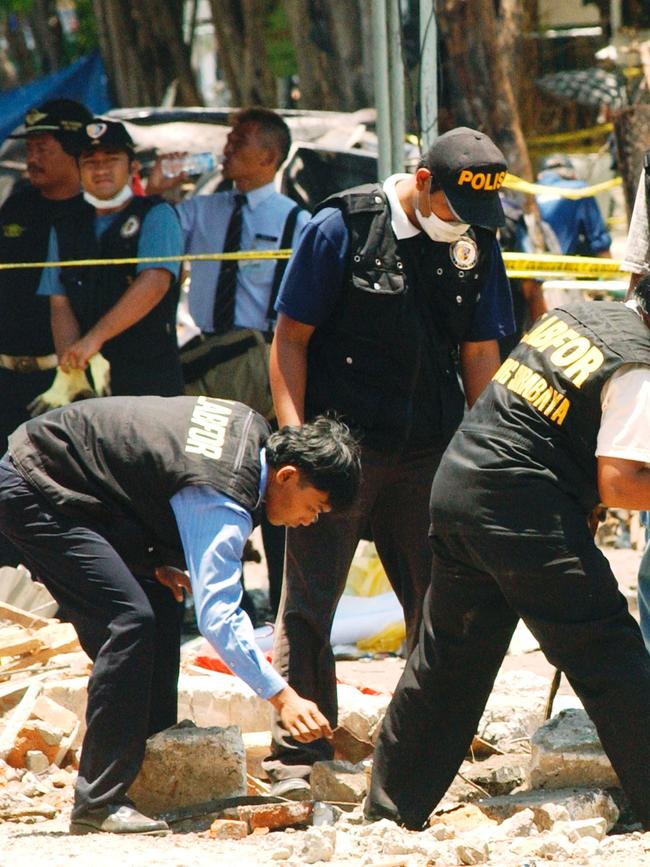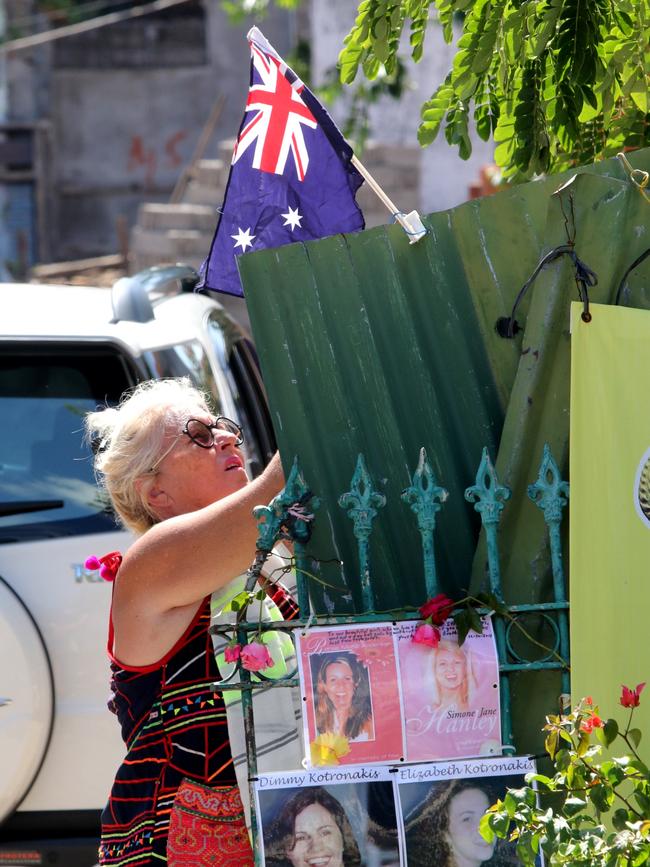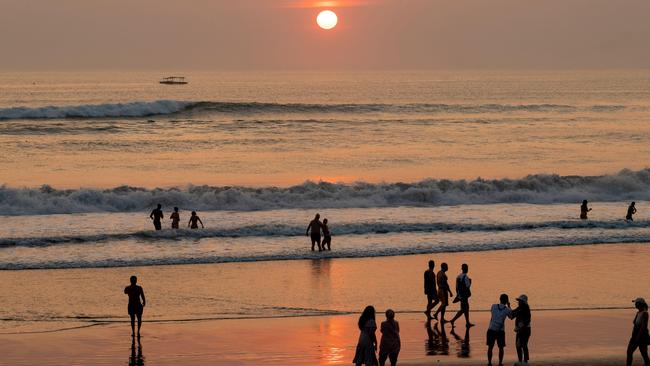Peace Park Museum to be built on site of Bali bombing, former Sari Club
The site of the 2002 Bali bombing site, which claimed 88 Australian lives, is set to become a place to promote “tolerance”.
True Crime
Don't miss out on the headlines from True Crime. Followed categories will be added to My News.
A new peace park museum is set to be built on the site of the 2002 Bali bombing which killed 202 people, including 88 Australians.
The Badung Regency Government said they purchased the 0.15 hectares of land on the former Sari Club site, that had previously been used by small market traders.
“This is in accordance with the Badung Regency Government’s policy. This museum will not only be a space for reflection but also a symbol of peace,” head of the Badung Regency Culture Office, Gede Eka Sudarwitha, said.
“Currently we are in the process of Detail Engineering Design which is expected to be completed this year. If all goes according to plan, physical construction will begin in 2026.”

Mr Sudarwitha said that the Bali Peace Park Museum will not just serve as a tribute to the 2002 Bali bombings, but also as a space dedicated to “promoting the values of peace and tolerance throughout all sectors of society.”
“Through this museum, we want to instil the importance of living side-by-side in peace, respecting differences,” he said.
“This museum will store important documents of the Bali Bombing tragedy, as well as being a reminder to future generations to always maintain peace.
“With this museum, we want to ensure that the values of humanity and peace never fade.”


Meanwhile, Australians visiting Bali will no longer be able to use plastic bottles as the popular destination takes action to combat the growing waste issue polluting its streets and beaches.
Starting February 3, the Bali Provincial Government has banned the use of plastic water bottles.
Tourists will now be required to bring their own stainless steel water bottles.

The new regulation applies to all regional apparatuses, regional-owned enterprises and schools within the Bali Provincial Government.
“This policy aims to ensure that all regional apparatuses, BUMDs, and schools in Bali truly implement restrictions on the use of single-use plastic,” Bali regional secretary Dewa Made Indra said.





